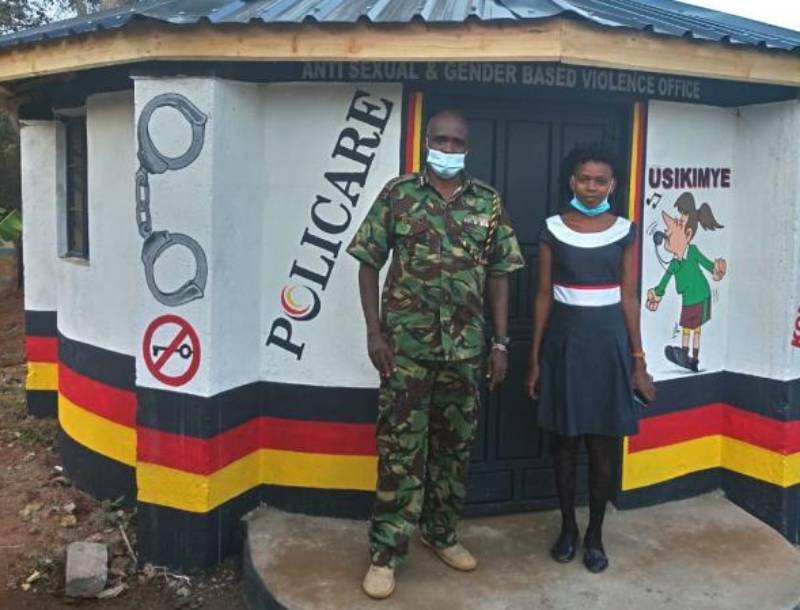×
The Standard e-Paper
Fearless, Trusted News

Makueni County Policare Unit where gender-based violence cases and those relating to children will be handled. [Jeckonia Otieno, Standard]
The National Police Service has come up with a one-stop shop in an attempt to curb rising cases of gender-based violence (GBV).